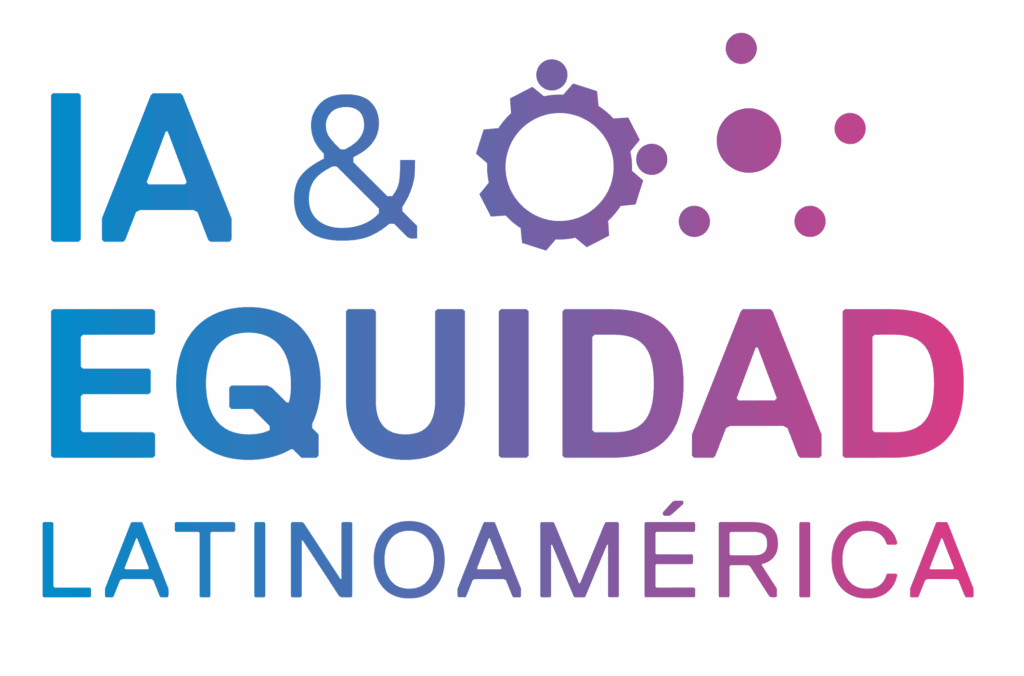Across Latin America, a critical need exists to ensure the development and deployment of AI systems are centered on human rights, fairness, and equality. This is the driving force behind the Latin American AI & Equality Human Rights Toolbox, a crucial collaboration between Women at the Table and the Chilean Center for Artificial Intelligence (CENIA).
Inspired by the Africa toolbox developed by AI & Equality, this regional initiative aims to provide accessible tools to visualize, understand, and counteract the biases that can be incorporated into new technologies. While AI adoption in Latin America is still in its early stages, issues such as a significant gender gap in AI research and development (less than one-third of researchers are women) and growing environmental concerns surrounding AI infrastructure underscore the urgency of a human rights-based approach.
The region has already seen concerning cases, such as prediction systems in Argentina and Brazil that risked the re-marginalization of communities, and a lack of transparency in judicial AI use in Colombia. These examples highlight the essential need to embed human rights considerations from the very beginning of the AI development lifecycle, as retrospective fixes are far more challenging.
To address these challenges, the collaboration focuses on several key objectives:
Investigating and shedding light on biases in technology across the region.
Gathering information on relevant use cases specific to Chile and Latin America.
Creating a space for interdisciplinary dialogue on AI and human rights.
Promoting a human rights-based approach across educational, private, and public sectors.
The core of this work is the translation and adaptation of the original AI & Equality Human Rights Toolbox. Recognizing that crucial terms like ‘fairness’ don’t have a direct Spanish equivalent, the team led by Francesca Lucchini and Pilar Grant has worked to tailor the course’s language and content to the Latin American context. A key addition is an introductory module on the fundamentals of AI, acknowledging that many people lack a basic understanding of how the technology works, including the infrastructure and data that drive it.
The team, affectionately known as “Aequitas,” is making this valuable content widely available through multiple projects:
Core Toolbox Course in Spanish: The foundational four-module course, which delves into the AI life cycle, human rights, fairness metrics, and regional case studies like the harmful use of deepfake technology against minors in Chile and the ethical development of the LATAM GPT large language model.
Open Virtual Course with UAbierta: An open access online course offered for free on UAbierta, one of Latin America’s largest online education platforms run by the University of Chile. Launching in early December, this initiative significantly expands the course’s outreach across all Spanish-speaking countries.
Travesias CTCI (High School Program): An interactive version of the course developed for junior and senior high school students. This experimental project uses group activities and role-playing to help youth identify and analyze AI-related risks, such as deepfakes, in their everyday lives, empowering them to become informed participants in the conversation.
Looking ahead, the team aims to expand its outreach by partnering with government entities for policy workshops and fostering a deeper ethical framework within CENIA itself, ensuring that human rights are an integral part of all AI development and analysis.
The Latin American AI & Equality Human Rights Toolbox course will be launched in December. By centering the conversation on human rights and making this knowledge accessible, the LAC Toolbox is laying the groundwork for a more equitable and responsible AI future for the entire region.

